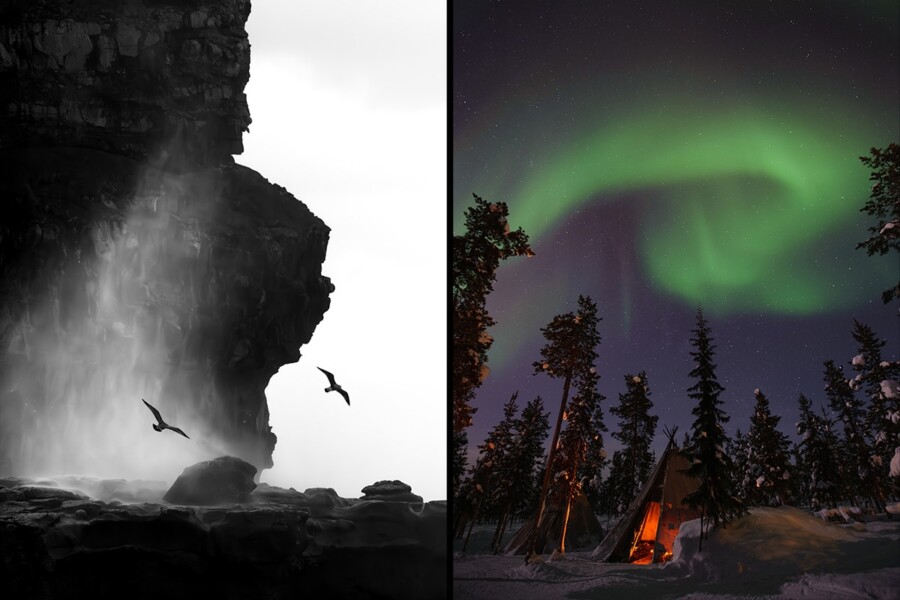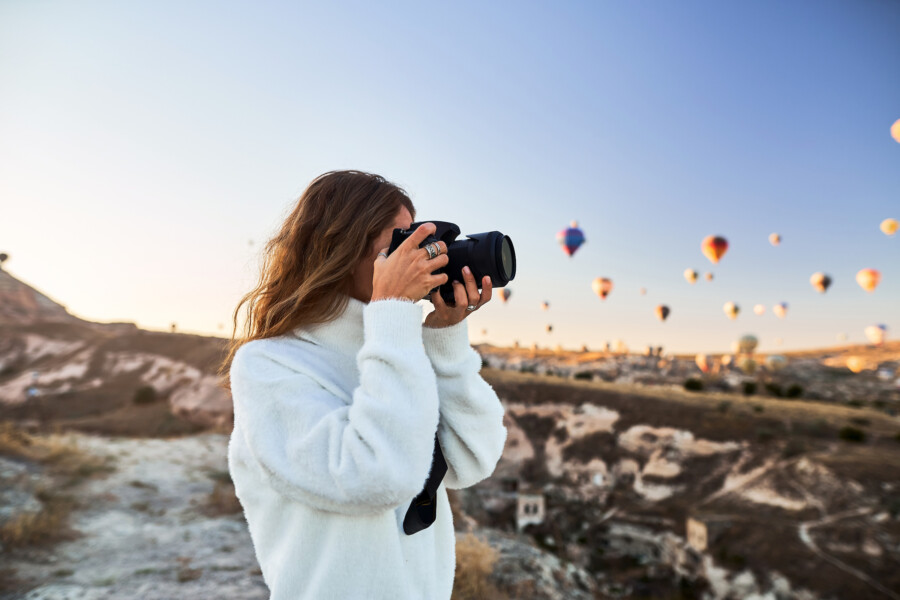Share
In (Partial) Defense of Melissa Click
Photographer Mark Schierbecker captured the stand-off between members of the press corp and protesters at the University of Missouri. After a crow...

Photographer Mark Schierbecker captured the stand-off between members of the press corp and protesters at the University of Missouri. After a crowd denied photojournalist Tim Tai his First Amendment right to cover the activity, Schierbecker moved pass the human barricade to come upon Assistant Professor of Communication Melissa Click.
Schierbecker: “I’m media can I talk to you?”
Click: “No, you need to get out. You need to get out.”
Schierbecker: “No I don’t.”
Click: “[pushing camera lens] You need to get out.”
Schierbecker: “I actually don’t.”
Click: “Alright. Hey who wants to help be get this reporter out of here? I need some muscle over here!”
A number of people have harped upon Click’s use of the word “muscle” – implying that she was calling for the use of physical force to move Schierbecker out of the self-declared safe zone. But I would argue for some context in understanding the situation.
Gerry McCarthy of the Dallas Morning News wrote on Facebook:
If you’ve never had the opportunity to see a “media mob” in the Columbia area, you’re missing out — it’s a wildly intense thing. From my days working at the city paper there, I can remember easily whenever there was some kind of big story — breaking news, etc. — and what that looked like.
You had us, The Tribune. Then The Missourian. The Maneater. MU Students News. Maybe some other student papers? Then the local TV stations (like several of them). Then the out-of-town stations, and papers. THEN ALL THE STUDENT JOURNALISTS.
It gets out of hand quickly — a lot of well-intentioned people trying to occupy the same space, document the same event. It’s totally overwhelming.
So let’s acknowledge that the situation was tense, and emotions were running high. Click’s call for “muscle” is, in my opinion, more of an affectation than a literal call for muscle. It’s someone caught up in the moment, trying to defend the rights of the protesters and viewing the media as an interloper (and perhaps trying to sound “cool” and/or “tough”). An unfortunate choice of words, but when I take off my outrage glasses, it’s understandable in context.
Thus ends my defense of Click, because her next statements show a complete contempt for the First Amendment and intellectual freedom.
Click: “You need to get out. You need to get out.”
Schierbecker: “This is public property. It’s on land owned by the University.”
Click: [in a mocking tone with hand in front of camera] “That’s a really good one. I’m a communication faculty and I really get that argument. But you need to go! You need to go. You need to go.”
The belligerent and ill-informed Click reminds me of the “Drunk Unicorn” who appeared on the New York City subway on Halloween.
The Drunk Unicorn asserts a right of privacy that she doesn’t have in what is considered public space. According to the MTA:
Section 1050.9. Restricted areas and activities. (3) Photography, filming or video recording in any facility or conveyance is permitted except that ancillary equipment such as lights, reflectors or tripods may not be used.
I would surmise that the Clown is not press, so the analogy isn’t perfect. But the Unicorn misunderstands her rights and aggressively demands the photographer delete the photo. (And really, if you go out in costume on Halloween in NYC, you will be photographed).
Click is well-aware of the First Amendment, but implies that that argument is “a really good one.” There is no misinterpretation to be had here. Click believes that the rule of law is only selectively applicable. And for that, I’m not sure that she is a good representative of the University, nor should she be instructing students. While the Tai and Schierbecker kept their cool and didn’t raise their voice, Click’s aggressive tone could have escalated the situation. Fortunately, it did not.
When it comes to photographing people, there is always a fine line. You often hear of photojournalists not picking up their cameras the first time they meet a subject because they want to create trust and respect. And according to many photographers, asking for permission (even if they have the right) “depends on the situation.” But for a national news story that’s playing out in a public space, the right to privacy is non-existent, and a call for “respecting a safe zone” is non-sensical. If you don’t want media attention, don’t play out your protest in public. In fact, don’t protest because the point of a protest is to raise attention.
On all these points, Click fails miserably. This is one Click we don’t need.
Update 7:17pm: Melissa Click issues an apology.
Just in: Melissa Click prepared an apology statement pic.twitter.com/OdET7LUGDd
— Tyler Kingkade (@tylerkingkade) November 10, 2015


